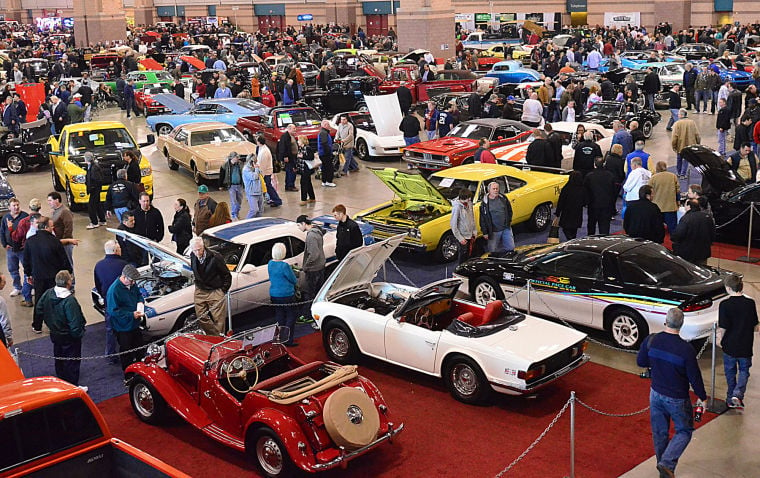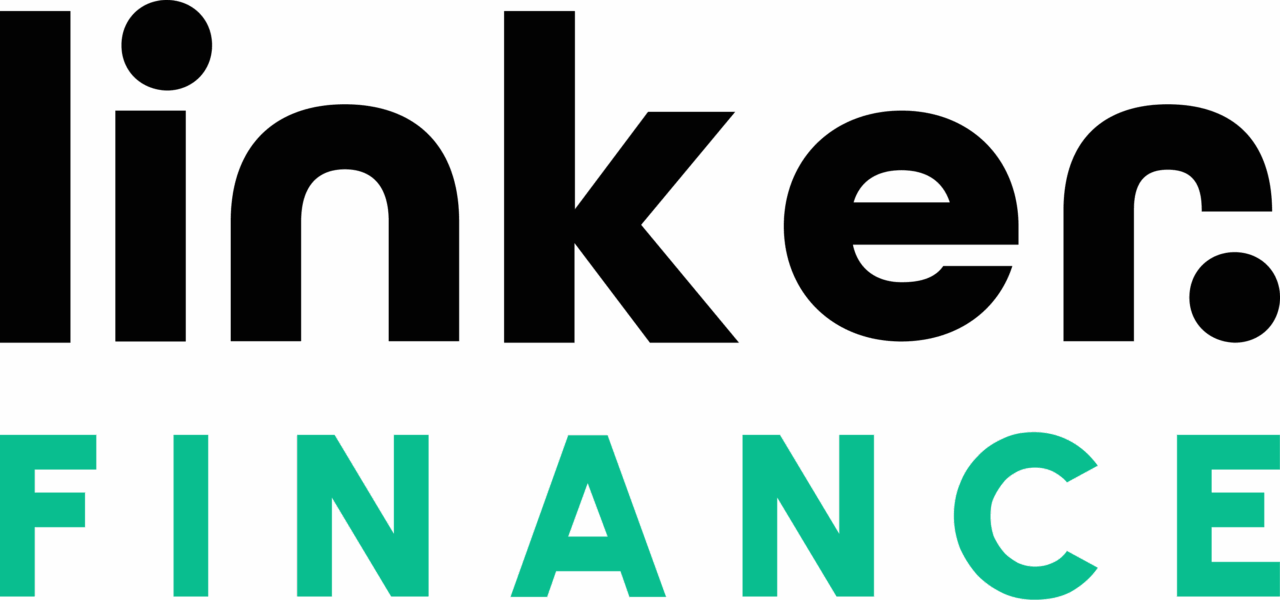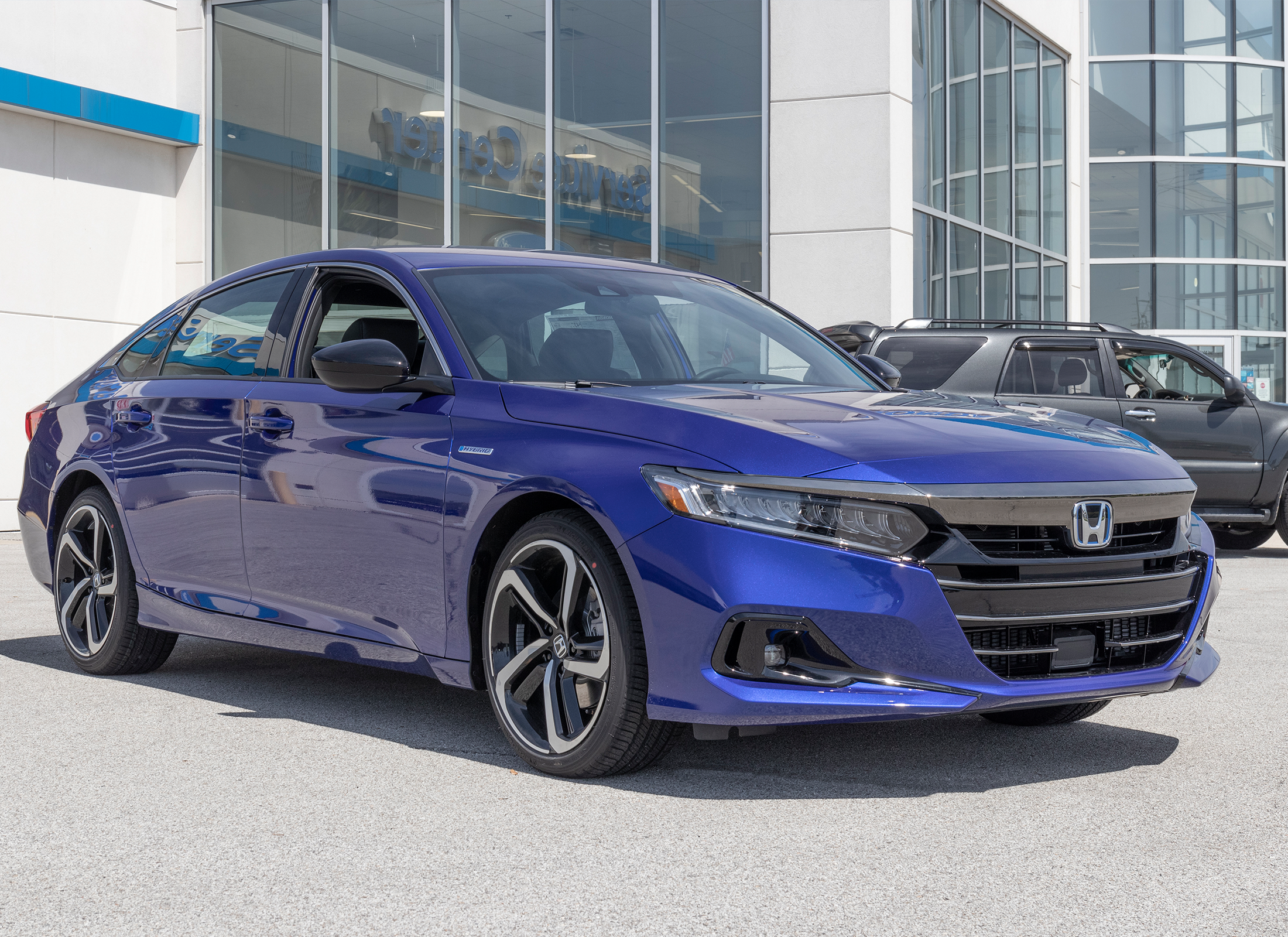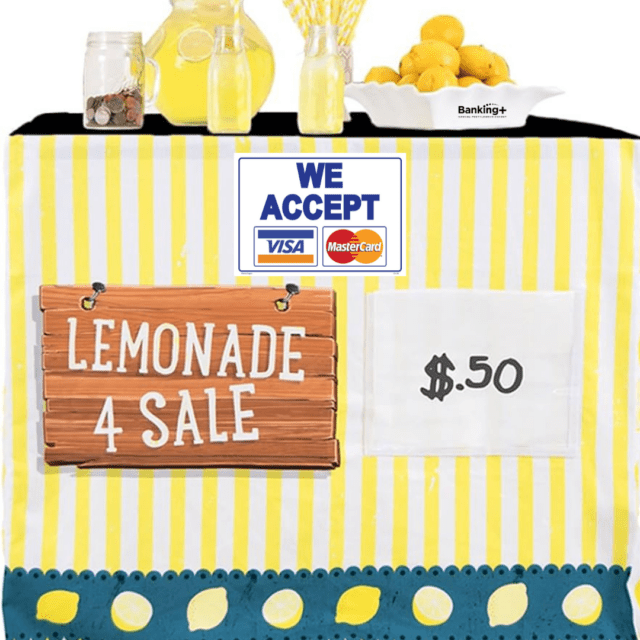In the wake of the COVID-19 pandemic, banks have discovered a profitable niche in loans for collectible cars. Serving the purchasers of these magnificent machines offers collateral that appreciates, high-credit-score borrowers, geographic diversity, and impressive returns.
John Hintze reported the banking industry’s appeal of classic car loans in the ABA Banking Journal.
Collectible Car Loan Market Thrives Despite Economic Challenges
Despite economic downturns, the collectible car loan market remains strong.
Woodside Credit—a Newport Beach, CA, finance lender specializing in this niche since 2003—saw a significant surge. It originated $500 million in loans over the past year.
According to Woodside President Mitch Shatzen, “Many customers are able to pay cash for their cars, but they come to us because they like the cash flow benefits, since they don’t have to tie up their own capital.”
Why Banks Are Turning to Collectible Car Loans
Several industry factors are driving banks toward lending niches such as car collectors. Influences include high deposits still banked from the pandemic and banks’ thirst for new business in markets of low lending opportunities.
Notable adopters serving this collectible car market find it generally lucrative, relatively safe, and a roadway toward deeper customer relationships.
Ireland Bank
Ireland Bank, of Malad City, ID, is a notable example. It collaborates with Woodside Credit, purchasing loans with an average size of $89,000. These loans, often used to buy classic cars from the 1960s and 1970s, feature high credit scores (average 775).
Bruce Lowry, president and CEO of Ireland Bank, explains, “Every week they send us a package of loans—the applications, their underwriting, everything you need to write a consumer loan.”
J.J. Best Banc
Operating since 1993, J.J. Best Banc & Co. lends across seven car categories from its New Bedford, MA. center of operations. Founder and owner John Meldon says, “If you ask Chase for a loan to buy a 1966 Chevrolet or Corvette, they generally will not do that loan, unless you’ve been doing business with the bank for 20 or 30 years.”
Collectible Car Loans: A Gateway to High-Net-Worth Customers
Banks that finance classic car purchasers also benefit from access to a lucrative customer base.
Denali State Bank
Denali State Bank (Fairbanks, AK) has increased its loan-to-deposit ratio and return on assets by investing in niche areas, including $40 million in collectible car loans. These loans attract borrowers with steady employment and higher net worth.
Steve Lungren, Denali president and CEO, notes, “What we like about this [collectible] portfolio is the value of the car really doesn’t depreciate and in some cases even increases.”
First Financial Northwest Bank
Relying on the strong underwriting from Woodside, this Renton, WA, bank weathered minimal pandemic charge-offs in this book of business. President and CEO Joseph Kiley remarks, “They do a very good job of bank-like underwriting because that’s who their partners are.”
Collectible Car Loans: A Win-Win for Banks and Borrowers
Woodside Credit offers loans ranging from $10,000 to over $1 million, with average rates of around 9.5 percent. Terms can extend up to 180 months for larger loans, providing cash flow benefits for borrowers. Woodside President Shatzen adds, “The larger the loan, the better I feel about it.”
As banks seek to diversify portfolios and secure high-quality borrowers, collectible car loans offer a promising opportunity. With stable or appreciating collateral values and financially robust borrowers, this niche is compelling for forward-thinking financial institutions.
Read the complete article on collectible car loans in ABA Banking Journal.



















